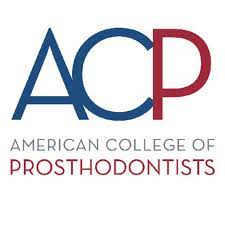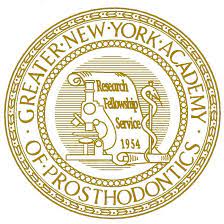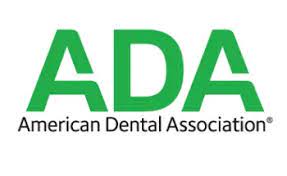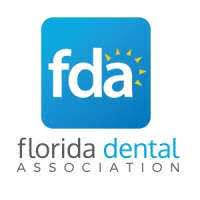Cavities are like unwelcome guests that always seem to show up uninvited. We're all familiar with the basics: brush twice a day, floss regularly, and visit the best dentists in Coral Gables. But how much do we really know about cavities beyond the fact that they're something to avoid? While cavities might not be at the forefront of your mind right now, taking a closer look at them can offer valuable insights into why dental hygiene matters.
Understanding their ins and outs can serve as a reminder to prioritize your oral health and finally schedule that overdue dental check-up.
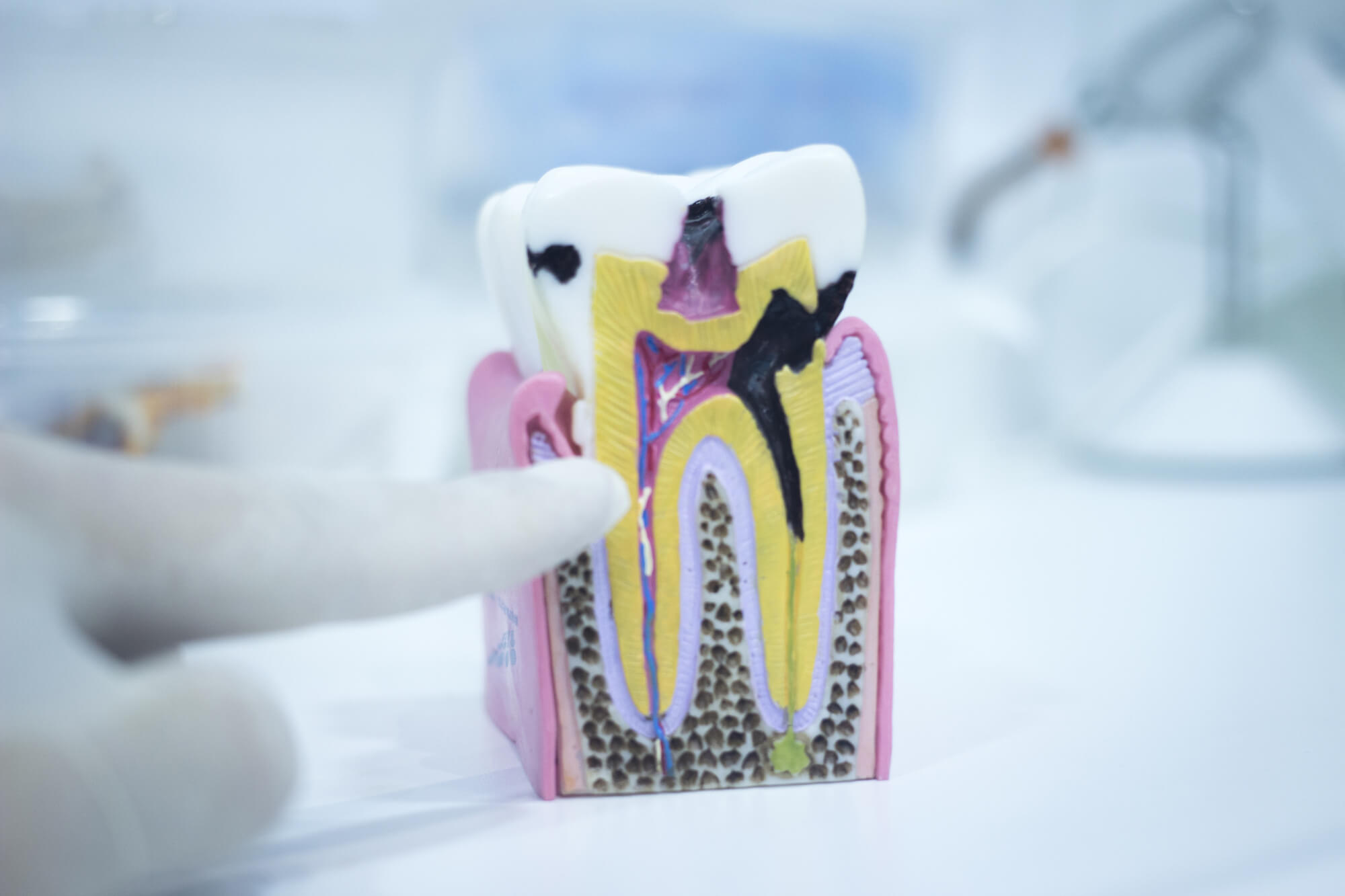
Cavities are areas of damage that occur on the surface of teeth. They appear as small holes or pits in the tooth enamel, which is the hard outer layer protecting the inner tooth layers.
Cavities can occur on any tooth surface, including the chewing surfaces, between teeth, and along the gumline. At first, they may look like white spots or discoloration on the enamel, indicating early-stage decay. As the decay progresses, cavities may deepen and become more noticeable.
Cavities don't stem from a single cause but rather arise from several factors.
One of the leading causes of cavities is plaque accumulation on the teeth. Plaque is a sticky film composed of bacteria, food particles, and saliva that forms on the teeth throughout the day. If not removed through proper oral hygiene practices such as brushing and flossing, plaque can harden into tartar, providing an ideal environment for cavity-causing bacteria to thrive.
The mouth is home to a diverse community of bacteria. Some are beneficial for oral health, while others can contribute to tooth decay. Streptococcus mutans is one of the primary bacteria associated with cavity formation. These bacteria feed on sugars and starches from the foods we eat, producing acids that erode the tooth enamel and create cavities over time.
Consuming sugary and starchy foods and beverages fuels cavity-causing bacteria to proliferate. When we eat foods high in sugar and carbohydrates, the bacteria in our mouths metabolize these sugars and produce acids as byproducts. These acids can weaken the tooth enamel, making it more susceptible to decay and cavity formation.
Inadequate oral hygiene practices, such as irregular brushing and flossing, can contribute to the development of cavities. When plaque is not effectively removed from the teeth, it can remain on the tooth surfaces, promoting bacterial growth and increasing the risk of decay. Over time, untreated plaque buildup can lead to the formation of cavities and other dental problems.
Tooth decay is a gradual process that can lead to the formation of cavities if left unchecked.
Tooth decay typically starts when acids made by mouth bacteria attack the enamel. These acids weaken the enamel, creating tiny pits or holes. At first, there may be no symptoms, but the erosion can worsen over time.
As enamel erosion continues, minerals like calcium and phosphate are slowly lost. This makes the enamel even weaker and more likely to decay. Without treatment, demineralization can keep going, allowing cavities to form.
As enamel erosion and demineralization progress, visible holes or pits develop in the enamel, signaling cavities. These spaces become a home for bacteria, causing more decay. If not treated, cavities can get deeper, reaching the tooth's inner layers and causing pain, sensitivity, and infection.
Preventing cavities and maintaining optimal oral health requires a combination of proactive measures and timely intervention.
Brushing teeth twice daily with fluoride toothpaste and flossing between teeth daily are essential for removing plaque and food particles that can lead to cavity formation. Proper brushing involves using a soft-bristled toothbrush and gentle, circular motions to effectively clean all tooth surfaces.
Limiting consumption of sugary and acidic foods and beverages can help reduce cavity risk. Instead, opt for tooth-friendly snacks like fruits, vegetables, and dairy products, and drink plenty of water to help rinse food debris and maintain saliva production.
Fluoride is a mineral that helps strengthen tooth enamel and prevent cavities. Incorporating fluoride toothpaste, mouthwash, and professional fluoride treatments into your oral care routine can provide additional protection against decay.
Dental sealants are thin, protective coatings applied to the chewing surfaces of back teeth to prevent food and bacteria from getting trapped in the grooves and causing cavities. Sealants are particularly beneficial for children and teenagers, but everyone can get them.
Regular dental check-ups allow the best dentists in Coral Gables to assess your oral health, identify signs of cavities or other dental issues, and intervene early to prevent further damage. Professional cleanings remove plaque and tartar buildup that brushing and flossing alone may not address, reducing the risk of cavities and gum disease.

Untreated cavities can lead to numerous complications that can impact both oral health and overall well-being.
As cavities progress and the protective enamel layer is eroded, affected teeth may become increasingly sensitive to hot, cold, sweet, or acidic foods and beverages. Tooth sensitivity can cause discomfort or pain, making it difficult to enjoy everyday activities like eating and drinking.
As cavities deepen and reach the inner layers of the tooth, including the dentin and pulp, individuals may experience persistent or worsening tooth pain. This pain can range from mild to severe and may be exacerbated by chewing, biting, or applying pressure to the affected tooth.
If left untreated, cavities can allow bacteria to penetrate deeper into the tooth, leading to infection and abscess formation. Dental abscesses are pockets of pus that form at the tooth’s root or in the surrounding gum tissue and can cause severe pain, swelling, and even fever. Dental abscesses can spread to other parts of the body without prompt treatment and pose serious health risks.

Visit Coral Gables Dentistry for comprehensive preventative check-ups and treatments tailored to all stages of tooth decay. Our experienced team is dedicated to helping you achieve a healthy, radiant smile. Schedule your appointment today!

We value your time, so we always run on schedule, respecting your commitments, with no double bookings and minimal wait times. Experience dentistry like never before in our award-winning clinic.

